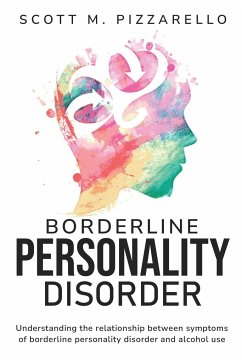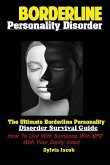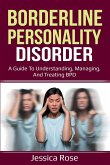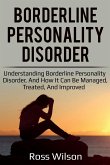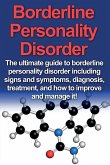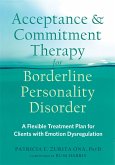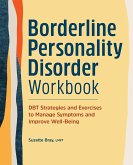Individuals with borderline personality disorder (BPD) often consume alcohol when attempting to cope with their negative affective states. However, it is not definitively known what accounts for the association between BPD symptoms and alcohol use. Based upon prior research and Linehan's biosocial theory of behavioral dysregulation, the investigators examined if the construct of rumination helped to explain why those with BPD symptoms use alcohol as a means of emotion regulation. Using a behavioral measure of alcohol consumption as well as an experimental rumination induction, the association between active rumination and one's level of alcohol use in a non-clinical sample (N = 56) was examined. The results indicated that, although BPD symptoms positively correlated with placebo consumption amounts, this association did not appear to be accounted for by rumination. The present investigation's findings thus suggest that the construct of rumination may not underlie the relationship between BPD symptomatology and alcohol use. Additional research utilizing clinical samples, psychophysiological measures, and/or ecological momentary assessment designs is warranted to further elucidate rumination's potential impact on alcohol consumption, as well as other forms of behavioral dysregulation commonly seen in those with BPD.

